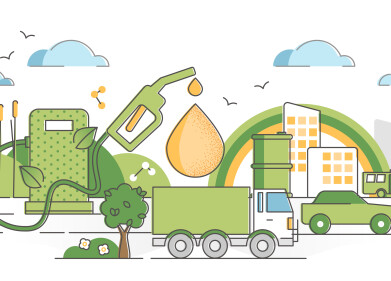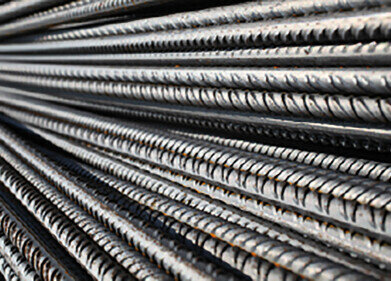Biofuel Industry News
Biofuel analysis shows production methods key to cost-effectiveness
Jun 22 2012
A biofuel analysis and production process, honed at Perdue University, has been described as cost-effective for larger production.
According to researchers the trial has proven a success and, as such, it will now be able to move out of the laboratory and into the real world.
Those involved in the study set about creating H2Bioil by heating biomass, such as switchgrass or corn stover, rapidly to around 500 degrees Celcius in the presence of pressurised hydrogen.
The resulting gases are then passed over catalysts, thereby causing reactions that separate oxygen from carbon molecules and make the carbon molecules high in energy content.
Researchers claim that their H2Bioil method is competitive when compared to the average crude oil price of around $100 (£64) per barrel when using certain energy methods to create necessary hydrogen for the process.
Should a federal carbon tax be implemented, researchers said they were confident that the biofuel would become even more economical.
The process was created in the lab of Rakesh Agrawal, Purdue's Winthrop E. Stone Distinguished Professor of Chemical Engineering, who said that H2Bioil can have major advantages over traditional methods used to create fuels from biomass.
"The process is quite fast and converts entire biomass to liquid fuel. As a result, the yields are substantially higher.
"Once the process is fully developed, due to the use of external hydrogen, the yield is expected to be two to three times that of the current competing technologies."
The findings will be published in June's issue of Biomass Conversion and Biorefinery and it will show that the energy source used to create hydrogen for the process is a crucial factor in determining whether the biofuel is ultimately cost-effective.
Wally Tyner, Purdue's James and Lois Ackerman Professor of Agricultural Economics, said: "In the past, I have said that for biofuels to be competitive, crude prices would need to be at about $120 per barrel.
"This process looks like it could be competitive when crude is even a little cheaper than that."
Digital Edition
PIN 25.5 Oct/Nov 2024
November 2024
Analytical Instrumentation - Picturing Viscosity – How Can a Viscometer or a Rheometer Benefit You? - Sustainable Grease Formulations: Evaluating Key Performance Parameters and Testing Method...
View all digital editions
Events
Nov 27 2024 Istanbul, Turkey
Biogas Convention & Trade Fair 2024
Nov 27 2024 Hanover, Germany
Dec 03 2024 Dusseldorf, Germany
Dec 08 2024 Anaheim, CA, USA
Turkey & Black Sea Oil and Gas
Dec 11 2024 Istanbul, Turkey



















